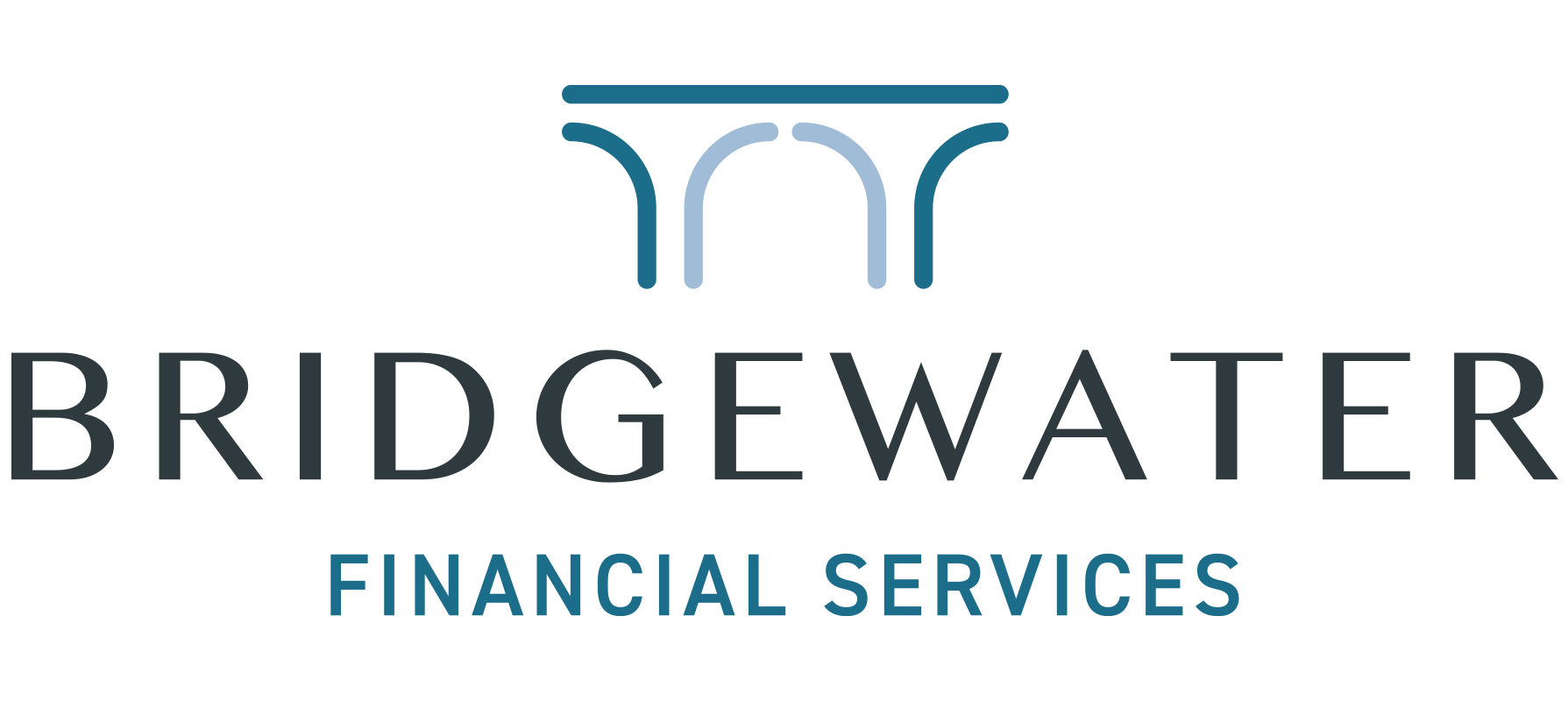This website uses cookies so that we can provide you with the best user experience possible. Cookie information is stored in your browser and performs functions such as recognising you when you return to our website and helping our team to understand which sections of the website you find most interesting and useful.

10 Smart ways to prepare for a meeting with your financial adviser
June 05, 2023 by
Having clear life goals is the only way to get the best out of financial plans and reviews.
With that in mind, I thought I’d share my own thoughts on getting the most out of your first meeting with a new adviser, or any review meetings you have with your current financial expert.
So here’s my top ten smart tips for getting the most from advisers and financial reviews:
1 Independent Access
I would always say that the single most important point you should ascertain is your adviser’s independence, in terms of the advice and products they can offer you.
It’s particularly important that your adviser is independent. By which I mean not tied to a large provider of financial products. As anyone working for large providers, such as a pension or investment company, will be unable to inform you of every available product and service in the marketplace (what we call whole of market).
2 Define your needs and clarify your objectives
To make sure that you’re getting the most suitable advice, it’s extremely important that you have a clear idea of what your short and long-term financial needs are; along with your overall financial objectives.
Remember to be SMART when considering the above:
Specific – Measurable – Attainable – Realistic – Timebound
3 Get subjective about your objectives
Avoid financial solutions or ambitions that aren’t fully your own.
Not many people actually set out to start a pension plan or invest in a particular fund. What they really want is to achieve certain objectives that these products may provide a solution to. It’s important that any financial directions or products recommended to you should be as a result of your adviser answering your detailed brief, regarding what you are looking for in terms of your short and long-terms aims and ambitions.
4 Points to ponder
As you consider your goals, you also need to think about the following:Time – how long do you want plans to run for?
- Risk – what’s your appetite for risk?
- Goals – what’s the purpose of your investment?
- Prioritise – multiple and complex objectives over different timescales may not be realistic. Rank your goals in order of importance.
- Specify – be explicit in your ambitions. The more detail you include the more your adviser will steer you on a financial pathway that you are comfortable to follow.
5 Planning for your retirement
Think about what you really want out of your retirement and be as specific as possible.
In order to do that, you’re going to have to be able to answer the following questions:
- How much income will you need in retirement in order to match your expenditure?
- Will there be specific items that will require lumps sums? If so how much will be required?
- At what age do you want to stop working?
- Will you require a higher income in the earlier years of your retirement? If so, when will it decrease?
6 Switching or transferring a pension
A popular action is to move your pension scheme to another provider. However, all your needs may be being met by your current scheme, or a simple tweaking of it. So don’t just follow the heard and move your pension because everyone else does.
7 Passing on your legacy
Before you can hope for the most tax effective succession planning, you need to know the answers to the following questions:
- Who it is that you want to benefit from your estate?
- How much do you want each beneficiary to receive?
- Are there any financial dependencies that need to be accounted for in that planning?
8 Flexibility and fluctuation
In all cases of investments and financial affairs, it’s important to keep a certain amount of flexibility as markets and returns will always fluctuate.
- Ask your adviser how your targeted income or lump sum needs may alter in retirement.
- Ask your adviser how much the value of your investments may vary along the way.
- You will have specific and principal objectives within your retirement plan. So ask about putting procedures in place that protect these key aims.
9 Be realistic
Make sure that your targets are not too ambitious and that you have enough time to achieve them.
Remember, the sooner you start your own plans and the faster you sit down with your adviser, the more likely it is that you will achieve your goals.
10 Your plans should be ‘YOUR’ plans
That’s why it’s so important to provide as much thought and detail as possible when formulating your future goals. There will be all sorts of approaches and solutions that are available, specifically designed to deliver your life goals.
As always, were here to help with independent and expert financial advice. If you have any questions regarding becoming an expat, or returning to the UK, then please get in touch with us at Bridgewater Financial Services; where we will be delighted to help guide you through your individual options and strategies.
Top 5 financial tips for expats
In a recently published Mental Health studies, it’s suggested that 35% of expats name financial security as a worry. In order to de-stress any unnecessary challenges you may face, I’ve put together my Top Five Tips for managing your personal finances whilst living abroad:
Read moreThe Good, the Bad and the OBR
On Thursday 17 November, The Chancellor announced his much anticipated Autumn Statement. In it Jeremy Hunt outlined the three financial pillars on which he is taking the economy forward – stability, growth and public services.
Read more
